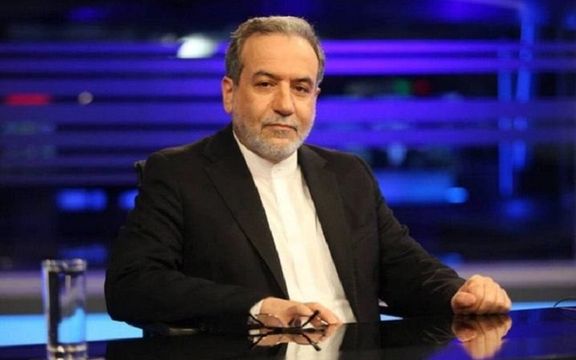According to the report published Thursday, the list includes names, passport numbers, birth dates and other identifying information for people who would not ordinarily qualify for Venezuelan citizenship. The document covers passports issued between 2010 and 2019 and was compiled by a former Venezuelan official whose identity was not disclosed.
The Daily Mail said the source worked in Venezuela’s internal investigations branch and that his position was confirmed by former US ambassador to Venezuela James Story. The official gave the list to US authorities earlier this year. The Department of Homeland Security did not confirm whether it had received the document and declined to say if it was tracking individuals listed.
Report points to Iran-Venezuela links
The Daily Mail report suggests the alleged scheme may have operated with help from Venezuelan government officials during the presidency of Nicolás Maduro. It also highlights long-standing ties between Tehran and Caracas, including political and security cooperation.
Former US officials cited in the report expressed concern that Iranian-linked individuals may have used the documents to enter South America legally, and later crossed into the United States illegally. The report ties the passport operation to past US findings that Venezuelan travel documents were vulnerable to misuse.
Former officials cite terrorism risk
Jonathan Gilliam, a former FBI agent and counterterrorism analyst, told the Daily Mail that the risk of attacks inside the United States is high following the US airstrikes on Iranian nuclear sites in June. “They get people here, get them in place, and get them supplied and ready to go,” he said.
Thor Halvorssen, a former Venezuelan ambassador for anti-narcotic affairs, said some of the passport recipients may already be inside the United States and integrated into daily life. He said that some might hold jobs in sensitive sectors, but that their identities are difficult to verify. “They are everywhere,” he said.
The document reportedly includes more than 10,000 names, with about two-thirds listed as male.
Diplomatic missions under scrutiny
Halvorssen and others said many of the passports were signed or approved by Ghazi Nasr Al-Din, a former Venezuelan diplomat who served in Syria and was later placed on the FBI’s terror watchlist. In a 2015 notice, the FBI accused him of supporting Hezbollah travel and fundraising efforts.
The Venezuelan Embassy in Damascus denied wrongdoing in a statement to the Daily Mail. “These accusations are false,” the statement said. “Venezuela is a country and a territory of peace and love.”
A 2006 US State Department report warned that Venezuelan travel and identification documents were easy to obtain by individuals not entitled to them, during Hugo Chávez’s presidency.
US Customs and Border Protection reported that more than 380,000 Venezuelan nationals crossed the US-Mexico border between January 2021 and October 2023. In the same period, authorities recorded 382 encounters with individuals on the FBI terror watchlist and 1,504 Iranian nationals, according to the report.






